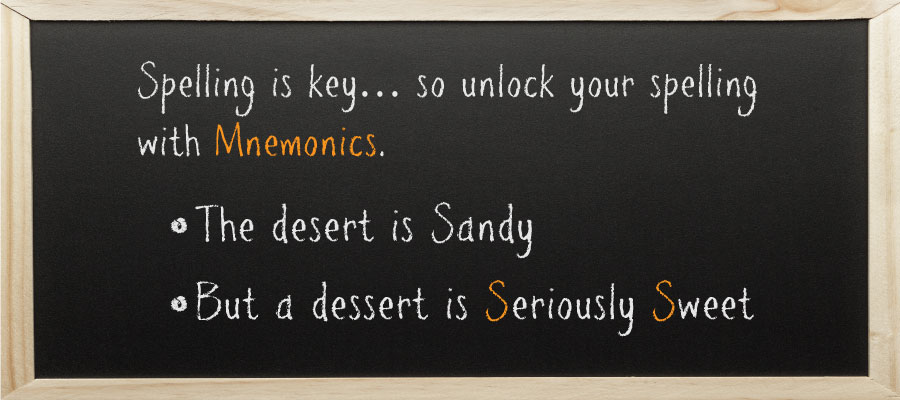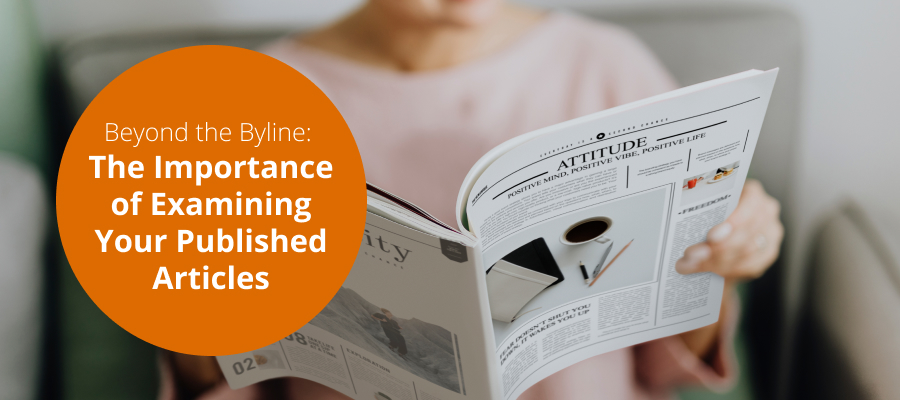We are fans of mnemonics for spellings (and it’s a little laughable that that this word itself is hard to spell). A mnemonic is a tool that helps you remember something. For example, when I was seven, I learned a mnemonic for the colours of the rainbow – Richard Of York Gained Battles In Vain – red, orange, yellow, green, blue, indigo, violet. Many years on, I can still recall that effortlessly.
I still like to use a mnemonic when learning something new. I’ve taken up a Spanish evening class and initially struggled to remember which of setenta and sesenta was sixty and which was seventy. I told myself that “s” comes before “t” in the alphabet and 60 comes before 70. So Sesenta is 60 and setenta is 70.
If there is a word you can never spell, try to come up with a mnemonic. For instance, one word I always struggled with is “surprised” – is there an “r” in it or not? I told myself to stop being surprised to find there was and now I don’t have any problems with it.
Another example is “starring” – is it one “r” or two? Remember that your favourite film might be staRRing Robert Redford and you’ll remember that double r!



